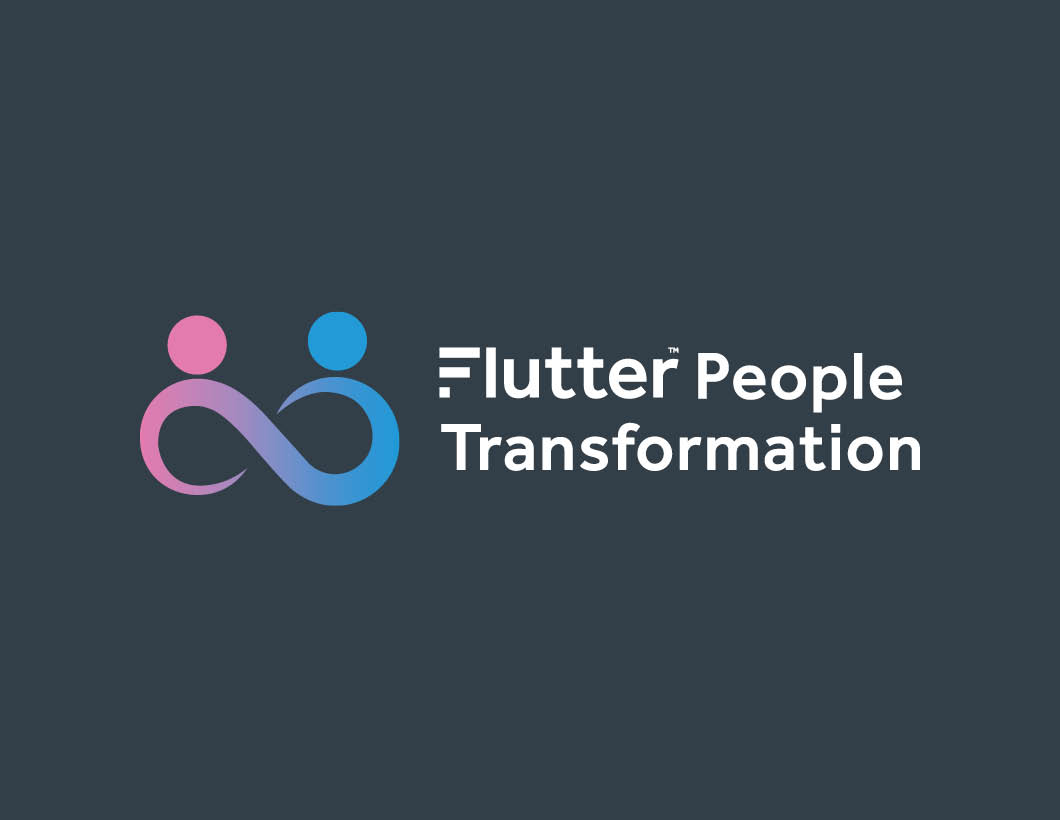Understanding Internal Barriers to Seeking Mental Health Support: Overcoming Stigma and Self-Reliance
Introduction
Seeking help for mental health concerns is a vital step toward well-being and recovery. However, many individuals face significant obstacles that prevent them from reaching out for the support they need. Among these obstacles, internal barriers -personal beliefs, attitudes, and emotions-often play a critical role. Understanding the nature of these internal barriers is essential for individuals, families, and professionals aiming to promote better mental health outcomes. This article explores the most common internal barriers to seeking help for mental health, provides real-world examples, and offers step-by-step guidance on how to address and overcome them.
What Are Internal Barriers?
Internal barriers are psychological or emotional factors within an individual that hinder their willingness or ability to seek professional mental health support. Unlike external barriers-such as financial costs, lack of transportation, or limited service availability-internal barriers stem from one’s own thoughts, feelings, and beliefs.

Source: dreamstime.com
Common examples of internal barriers include:
- Stigma and embarrassment
- Self-reliance or the belief one should handle problems alone
- Lack of perceived need or failure to recognize symptoms
- Distrust or lack of confidence in mental health professionals
- Difficulties in self-disclosure or talking about personal issues
Stigma: The Most Common Internal Barrier
Stigma is consistently reported as the most prominent internal barrier to mental health help-seeking across diverse populations and age groups [1] . Stigma can be external (fear of negative judgment by others) or internal (self-stigma or embarrassment about one’s own mental health challenges).
How does stigma manifest? Individuals may fear being labeled as “weak” or “unstable” and worry about the repercussions in social, educational, or work environments. This fear can lead to avoidance of mental health services, even when help is needed [3] .
Example: A college student struggling with depression might avoid counseling services because she fears her friends or professors will learn she is getting help, leading to embarrassment or social exclusion.
Self-Reliance: The Belief in Handling Problems Alone
Another major internal barrier is the belief that one should be able to manage problems independently-a concept often referred to as self-reliance [2] . This can be shaped by upbringing, cultural expectations, or personal values.
Some people feel that seeking help is a sign of weakness or failure, which intensifies their reluctance to reach out. This barrier is especially prevalent among adolescents, men, and individuals from certain cultural backgrounds that emphasize personal strength and independence.
Example: A military parent facing anxiety may avoid therapy because they believe they should be able to “tough it out” and support their family without external assistance.
Lack of Perceived Need and Poor Mental Health Literacy
Many individuals do not seek help because they do not recognize their symptoms as signs of a mental health issue, or they underestimate the severity of their distress [1] . This lack of perceived need is often linked to poor mental health literacy-the ability to recognize, manage, and prevent mental health problems.
Example: An employee experiencing chronic stress and sleep problems may attribute these symptoms to a busy lifestyle rather than acknowledging possible anxiety or depression, thus not seeking professional help.
Lack of Trust and Fear of Confidentiality Breaches
Distrust in mental health professionals, skepticism about confidentiality, or doubts regarding professional competence can also prevent people from seeking help [4] . These concerns can be intensified by previous negative experiences or by a lack of culturally competent care providers [3] .
Example: A young adult from a minority background may avoid counseling out of concern that the provider will not understand their culture or may not keep their information private.
Difficulties in Self-Disclosure
Many people find it emotionally taxing to discuss personal issues, especially with someone they do not know well. This internal discomfort with self-disclosure can delay or completely prevent help-seeking [4] .
Example: A student may feel unable to open up about trauma or abuse due to shame or fear of being misunderstood.
Practical Steps to Overcome Internal Barriers
Recognizing and addressing internal barriers is the first step toward accessing mental health support. Here are practical, actionable steps you can take:
- Educate Yourself about Mental Health Improve your mental health literacy by reading trustworthy resources. Look for information from established organizations such as the National Alliance on Mental Illness (NAMI) or the American Psychological Association. If you’re unsure where to start, search for “mental health basics” or “understanding mental health conditions” on these organizations’ official websites.
- Challenge Stigma and Self-Judgment Recognize that mental health concerns are common and treatable. Remind yourself that seeking help is a sign of strength, not weakness. Consider sharing your thoughts with someone you trust or joining a support group-many are available online through reputable mental health organizations.
- Practice Self-Compassion Treat yourself with the same kindness you would offer a friend in distress. Acknowledge your feelings and remind yourself that it’s okay to seek support.
- Take Small Steps toward Disclosure If opening up feels daunting, start by writing down your thoughts or talking with a trusted friend or family member before reaching out to a professional. You can also consider anonymous mental health helplines for initial support.
- Seek Providers Who Understand Your Background If you are concerned about cultural understanding, look for professionals who have experience working with people from similar backgrounds. You can search for culturally competent therapists through directories provided by national mental health organizations.
Alternative Approaches and Resources
If you find that internal barriers are preventing you from seeking help, there are still steps you can take:
- Peer Support Groups: Many organizations offer peer-led groups where you can share experiences and learn from others facing similar challenges.
- Self-Help Tools: Evidence-based self-help resources, such as guided workbooks, meditation apps, and online forums, can serve as a first step toward managing symptoms.
- Anonymous Helplines: For those hesitant to seek face-to-face support, confidential hotlines provide a way to talk to trained professionals or peers without revealing your identity. Major organizations such as NAMI and the National Suicide Prevention Lifeline (now 988 Suicide & Crisis Lifeline) offer these services. You can call “988” in the U.S. for immediate mental health support.
If you are unsure where to find resources, consider contacting your primary care provider or searching for “mental health support services” in your area. Most health departments and universities have counseling centers or referral services.
Key Takeaways
Internal barriers-such as stigma, self-reliance, lack of perceived need, distrust, and difficulty with self-disclosure-are among the most significant reasons people do not seek mental health support. Recognizing these barriers is the first step to overcoming them. By educating yourself, practicing self-compassion, and taking incremental steps toward reaching out, you can make it easier to access the help you need. Remember, you are not alone, and support is available-whether through professionals, peers, or trusted organizations.

Source: prospertrading.com
References
- [1] Gulliver et al. (2010). Perceived barriers and facilitators to mental health help-seeking in young people: a systematic review.
- [2] Becker et al. (2014). Barriers to Seeking Mental Health Services among Adolescents in Military Families.
- [3] BonterraTech (2021). 5 barriers to mental health treatment and access to care.
- [4] Hyseni Duraku et al. (2023). Mental health, study skills, social support, and barriers to utilizing mental health services among university students.
MORE FROM cheerdeal.com













